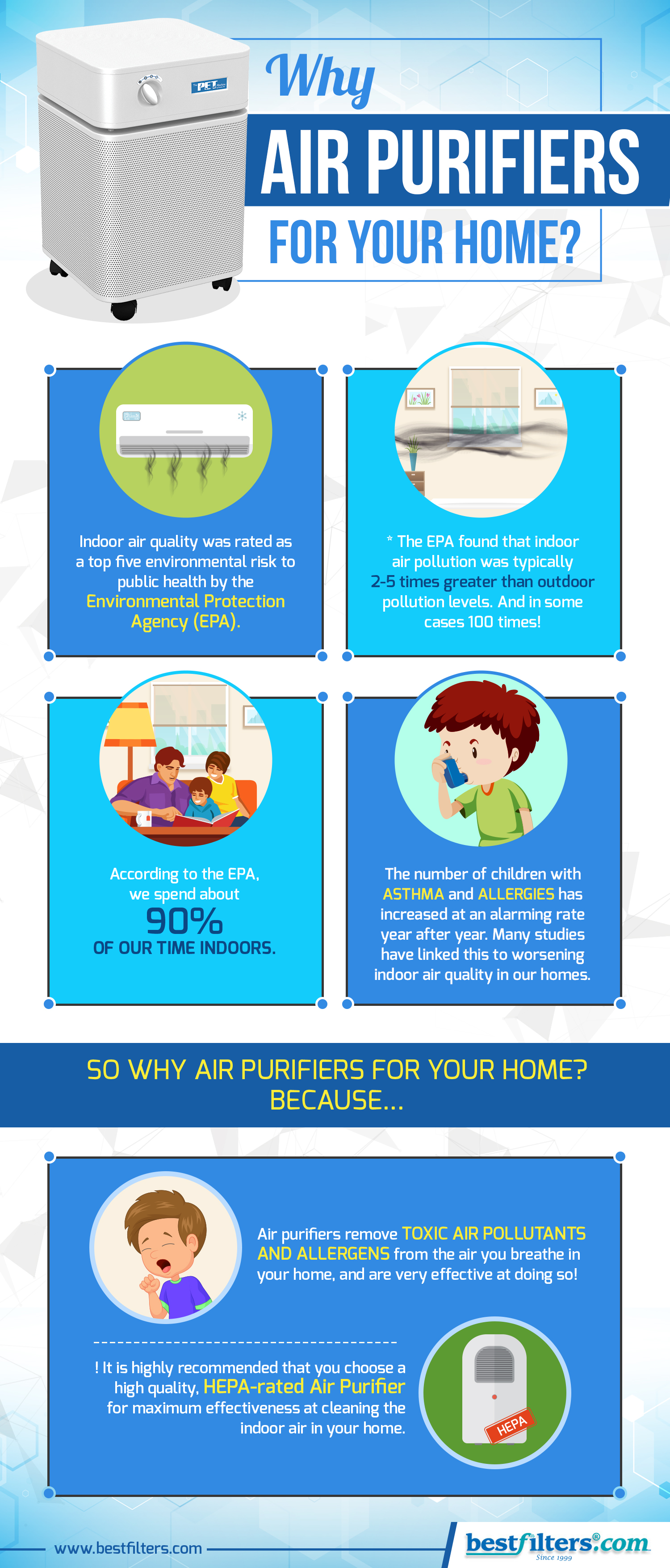Discovering The Environmental Advantages Of Warmth Pumps - A Sustainable Home Heating Option
Discovering The Environmental Advantages Of Warmth Pumps - A Sustainable Home Heating Option
Blog Article
Developed By-Moser Smed
In an era where sustainability and power performance are vital, numerous services look for eco-friendly home heating solutions. One such option is the heatpump.
A heatpump removes the heat in its environments and pumps it right into your home, resulting in one of the most reliable eco-friendly main heating unit around. This procedure also produces zero greenhouse gas emissions, making it a highly sustainable technology.
Energy Effectiveness
Heat pumps are really power reliable and need little maintenance. They make use of less power than various other furnace and are without a doubt the most eco-friendly. They work well with rooftop solar and can frequently spend for themselves in energy cost savings alone.
They can likewise offer cooling, which is wonderful for garage workshops, attic room hangouts and perk areas, and home enhancements without prolonging the existing ductwork. They can even be used for retrofits in existing homes with hydronic (water-based) circulation systems such as low temperature level radiators or radiant floors.
Try to find versions with SEER and HSPF rankings that meet or surpass Canada's minimum criteria, as well as the criteria in your region. Greater ratings mean greater efficiency, which saves you money in the long run and lowers your carbon impact. You could also receive refunds and incentives! The best devices are those with a ground warmth exchanger for added effectiveness. These devices can soak up thermal energy from the ground throughout the winter and extract it in the summer.
Decreased Greenhouse Gas Emissions
Heatpump run on electrical power and essentially transfer warmth from the air, even when it's cold outside. They have the ability to remove the free heat trapped in air bits and move them inside, reducing humidity while doing so.
Contrasted to gas heaters, modern-day heat pumps make use of less than one kilowatt of power per kilowatt of heating power they create. This makes them one of the most power efficient home heating option available with a COP (Coefficient of Performance) of 4 or more. By slashing the demand for nonrenewable fuel sources, heat pumps help reduce greenhouse gas emissions and cut other major air contaminants.
Structure decarbonization is a worldwide crucial, and the cooling and heating market is a key driver of that process. Whether it's real estate investors making internet absolutely no commitments, policy manufacturers setting discharges limitations, or lessees requiring greener spaces, electric heatpump are being acknowledged as an important remedy. https://abc7ny.com/heat-hot-tips-resources/11873370/ are an affordable means to lower carbon emissions by getting rid of the need for nonrenewable fuel sources in buildings.
Adaptability
Heatpump can be used in many sorts of homes and buildings-- with or without air ducts. They deal with hot-water radiators, air-conditioning and programmable thermostats. They can replace furnaces or be set up in new residences. They can work on solar panels, geothermal systems and even district heating resources like wastewater.
They're terrific at delivering even more heat per power system. As an example, an air-source heat pump generates up to three or even more home heating devices from each electricity system it consumes.
Getting the most from your heat pump will depend on your environment zone and high quality of insulation. Try to find models with power celebrity rankings and contrast their SEER or HSPF specifications. In warmer environments, focus on SEER; in chillier regions, think about a system with a higher HSPF ranking. On top of that, purchase air sealing and insulation to minimize the load on your heat pump. That will certainly improve power efficiency and help you reach your Web No objectives much faster.
Biomass Boilers
Biomass boilers use timber pellets, chips or logs to develop heat and hot water. They are a good choice for off-grid buildings or those who intend to get off the gas grid.
As a standalone heating system, biomass can provide adequate energy to keep your home warm all the time without the regular warm drop off of other sustainable technologies. They can additionally be utilized along with solar panels to maximise cost savings and take advantage of RHI repayments.
A downside of these systems is the upfront cost and regular fuel shipments. Often, pellets will certainly need to be blown into a gas store using a vacuum system or they can be manually fed into the central heating boiler via a hopper. Logs are normally self-sourced from neighboring forest or bought in bulk. As well as this, they call for hands-on loading and may need cleansing often.